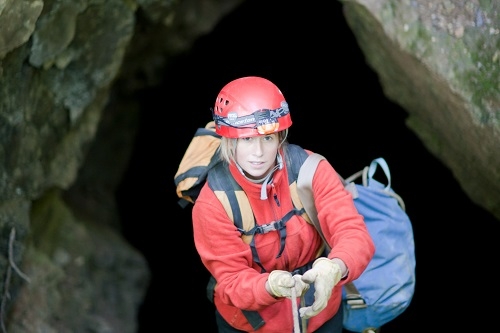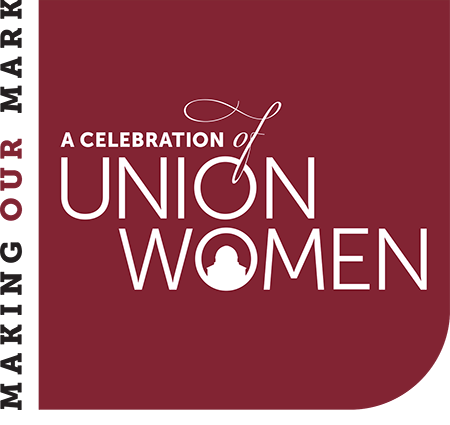Kate Langwig '08 studied neuroscience at Union College before earning a Ph.D. at the University of California, Santa Cruz, and completing postdoctoral training at Harvard’s T.H. Chan School of Public Health. Now an assistant professor at Virginia Tech, Kate is a disease ecologist and epidemiologist who uses a combination of empirically collected field data and mathematical models to better understand the impacts of disease on populations. Much of her research focuses on an emerging disease of bats called white-nose syndrome, which has caused mass mortality in bat populations across North America. The disease has led to 95% declines in many species and killed millions of individuals. Kate’s research has informed multiple conservation and policy decisions – the designation of several bat species as threatened or endangered in several states; the designation of the northern long-eared bat as federally threatened under the U.S. Endangered Species Act; and federal protection for a number of bat species in Canada.
What are the most challenging and rewarding aspects of your career or volunteer activities?
There are many rewarding aspects of my career. I am really proud of the conservation benefits to bats as a result of my work. However, the single most rewarding aspect of my career has been participating in the success of my trainees, and helping to promote a new generation of scientists that better reflects the diversity of our current population.
Who inspired/inspires you, both professionally and personally?
I have a lot of inspirational women who I think about when I reflect on my career. Professionally, some of my heroes are female ecologists at the forefront of their field who are finally getting recognition for their important work, including Dr. Mercedes Pascual, Dr. Camille Parmesan and Dr. Monica Turner. Personally, my mom is such an inspiration to me. She was a special education teacher and the kindest and most patient person I ever knew. I strive to be more like her every day!
What advice would you offer today’s women students, not just at Union, but across the country?
For many years, at every advancement in my career, I wondered whether my achievements might have been the result of luck rather than intelligence and perseverance. My advice to women students: no matter their chosen field, they should remember to relish their achievements as they have earned that success.
What was your most formative experience at Union?
My most formative experience at Union was mentorship by Professor Kathleen LoGiudice, who is also a disease ecologist. She helped me find my first job after graduation, including the job that led to my first position working on bats. Most importantly, she first introduced me to field work. I quickly fell in love with it, and it made me realize I wanted to be an ecologist. She and I still connect at conferences, where I am always excited to chat with her about science. She was also a fantastic teacher. This year I taught ecology for the first time, a course I originally took at Union with her. It was a very different teaching experience (140 students at Virginia Tech vs. 25 in my class at Union), but I still tried to replicate some of her activities, including actually getting students outside to collect some data!

